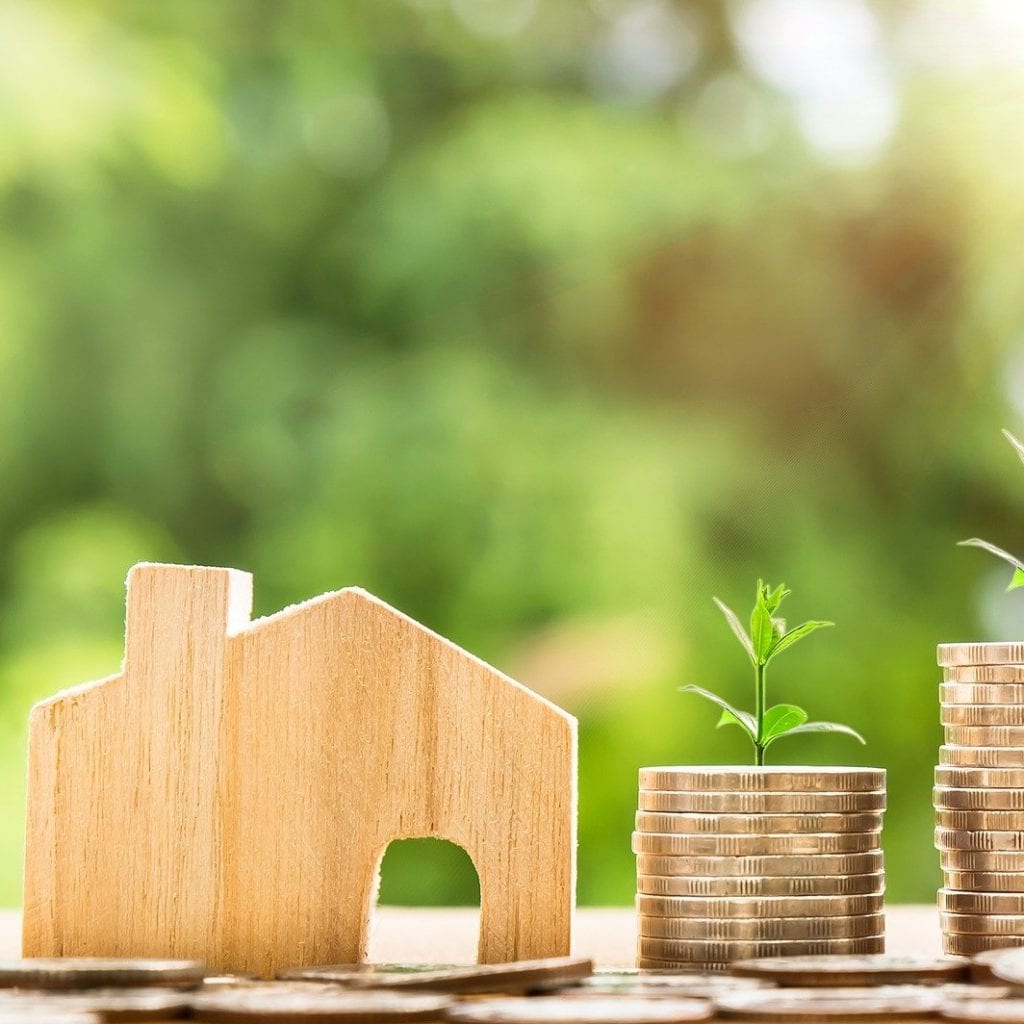Just Focusing on Your Investment Property’s Cash Flow? You’re Missing a Lot.

By Josh Brook, Realtor
What’s the cash flow? You cash flowing? How’s your cash flow? Cash flow, cash flow, cash flow. On and on it goes, this obsessiveness with the amount of income an investment property is generating.
If you think about a property as a business, then cash flow is your profit and when it comes to profit, Peter Drucker put it best,
“Profit for a company is like oxygen for a person. If you don’t have enough of it, you’re out of the game. But if you think your life is about breathing, you’re really missing something.”
In future blog posts, I’ll share what I’ve learned as a property manager to help improve the performance of your business, but right now I want to present the other benefits that come with real estate investing:
- Appreciation
- Depreciation
- Amortization
Appreciation

A property’s appreciation is an increase in its value. The Minneapolis market is appreciating at about five percent currently. What this means is that if you bought a property for $300,000 last year, someone may pay $315,000 for it a year later. Buying real estate for capital appreciation is like buying a growth stock: none of it really matters if you never sell, but if you do, it sure is great.
Depreciation
Every year you can deduct 1/27.5 of the property’s value against the income you’ve generated. So, for a duplex you bought for $300,000, you would divide that number by 27.5 to get $10,909. This is the amount you could write off of the cash flow you earned for the year from that property and many times, this is more than your entire cash flow and you can avoid taxes completely.
You should always consult a CPA for the details of this tax benefit, but the basic idea is that the IRS considers the property you buy to be slowly wearing down over time (depreciation), so you are allowed to claim this wear and tear on your taxes.
Amortization
When you take out a loan to buy an investment property, you want to pay it back with the rent money from the tenants. At the beginning of these loans payments, the majority of the money is going towards the interest of the loan, not the principle. This means you aren’t making much of a dent in the loan balance until you’ve had it for a significant period of time. With each new payment, a larger portion goes towards the principle instead of the interest.
Over time you’re increasing your share of ownership of a property without putting any money towards it beyond the initial down payment.
These three benefits are great by themselves, but when combined together in a property that generates another source of income, real estate investing becomes a truly powerful way to solidify your financial foundation.
Keep up with Wits
More from the Wits Blog:
Are Home Prices Too High?
ERIC BEISE | REALTOR In the last five years alone the average sale price for a home in the Twin Cities has risen from $215,000 to $305,000. This is a staggering 42% increase! Naturally people are beginning to ask if prices are approaching a bubble again. Is it even smart to consider buying a home…
Starting the Year Strong
Eric Beise | Realtor Believe it or not, 2020 is almost over! How did it go for you? In spite of the devastation caused by the pandemic, did you hit your goals – or even exceed them? Or was it a tough year for you? Regardless of what happened in 2020, now is the time…



